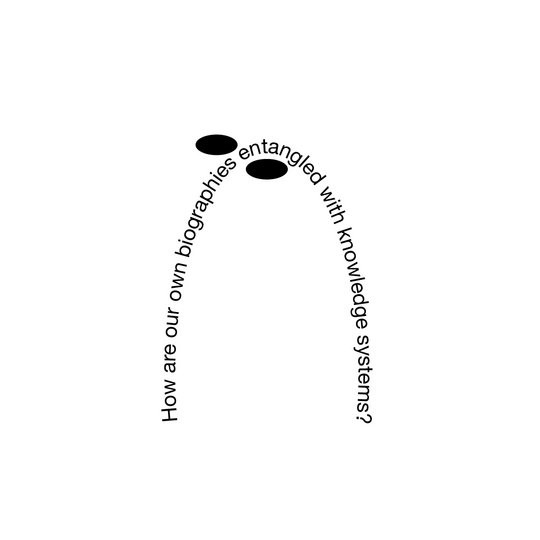Vortrag | Diskussion
AStA's Choice: Ringvorlesung: Dalia Maini - Papers Militancy: One Newspaper, Many Voices
| Ort: | Bühne | Weidenhof | Campus |
| Zeiten: | Fr: 15:15-16:45 Uhr |
| Studiengang: | Darstellendes Spiel, Design in der digitalen Gesellschaft, Freie Kunst, Kunstpädagogik, Kunstwissenschaft, Medienwissenschaften, Transformation Design, Visuelle Kommunikation, Kunst in der Sonderpädagogik |
| Art der Veranstaltung: | Vortrag/Diskussion |
On How Independent Publishing and Arts of the Working Class's Economic and Editorial Model Specifically Defeats Homogenizing Neoliberal Politics in Art and Social Structures.
Independent publishing has long served as resistance against dominant cultural and political hegemonies. This presentation examines how Arts of the Working Class deploys specific economic and editorial strategies to counter neoliberalism's homogenizing effects on artistic production and social organization.
Historical precedents run deep. The Situationist International's Internationale Situationniste weaponized détournement and collaborative authorship to dismantle spectacular society. The Black Panthers' newspaper reached 139,000 circulation through community networks rather than corporate channels. Italian autonomist publications like Lotta Continua created what Franco Berardi called "connective media"—platforms that organized struggle rather than just reporting it.
Arts of the Working Class, distributed freely in Berlin's U-Bahn, inherits this militant publishing tradition of plurality and redistribution. The newspaper format itself carries militant potential. Unlike glossy magazines demanding contemplative consumption, newspapers insist on immediacy, circulation, and disposability. They can be shared, left behind, or picked up by strangers. In an era of digital surveillance and algorithmic control, the physical newspaper creates temporary autonomous zones of engagement.
This model confronts Maurizio Lazzarato's "subjective factory"—capitalism's capture of creative capacities for profit. Publications like Arts of the Working Class prefigure alternative cultural production modes, demonstrating media that organizes rather than spectacularizes.
___________________________________________________________
Dalia Maini is a writer, poet, and agitator whose work explores the intersectional politics of bodies in space and the friction they create when confronting the status quo. Their cultural production illuminates the emotional dimensions of politics and culture, examining how feelings drive social stagnation or transformation.
Dalia's favorite institution is the School of the Street, where oppression, disobedience, and care dance together. In 2022, they co-initiated the research group Abolitionist Jelly, which develops transformative approaches to knowledge production as tools for building anti-punitive, decarceral societies. Since 2023, they have served as co-editor of II Magazine, which functions as a Trojan horse designed to capture bourgeois attention and redirect it beyond the consensus filter of aestheticization.
For love and survival, DMT is editor-in-chief of Arts of the Working Class, a Berlin-based street journal with international distribution. They have helped shape the publication since its early stages in 2018, using their position to redistribute tools that cut through the intellectual de-radicalization and political regression of our times. Through all their work, DMT aims to create spaces where radical thinking can flourish and collective resistance can take root.
___________________________________________________________
Das Format Asta's Choice ist eine Veranstaltung die von Studierenden für Studierende angeboten wird. Dieses Semester wird sie geleitet von Benno Hauswaldt und Clara Mannott.
